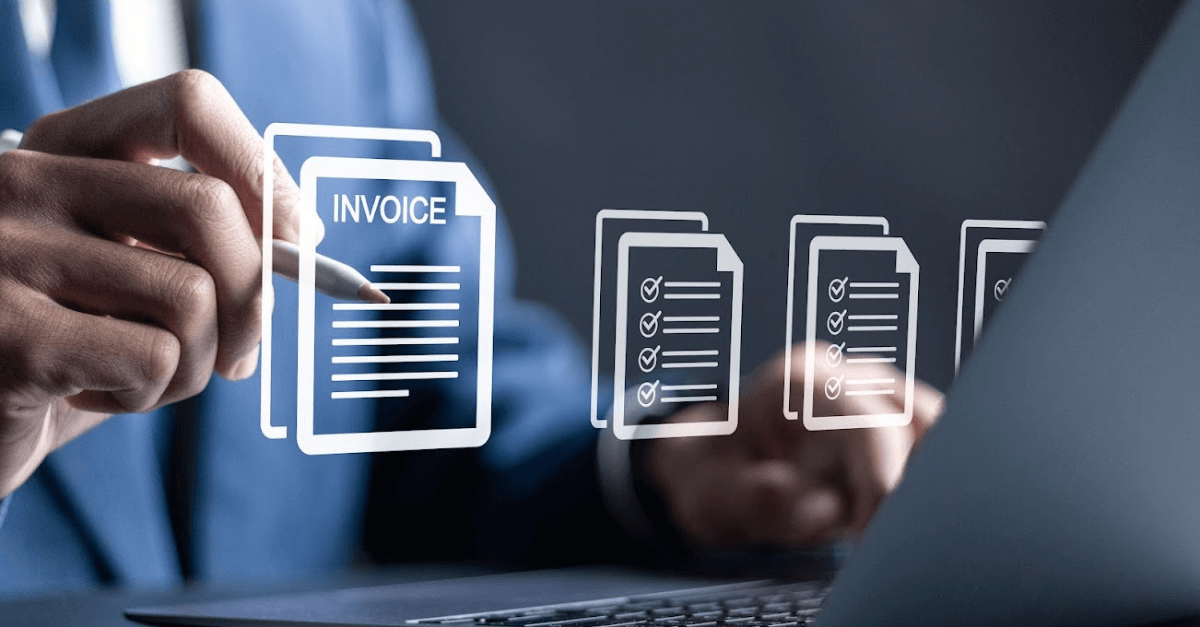AES Electronic Signatures unraveled
In the rapidly evolving world of large corporations with extensive document handling and processing, the term 'electronic signature' has become more relevant than ever. Understanding the various types of electronic signatures and when to deploy them is crucial for efficient business processes. In this blog, we delve deeper into the realm of electronic signatures, focusing specifically on Advanced Electronic Signatures (AES) for large corporations. If you work within a large corporate environment, get ready to expand your knowledge as we unravel the mystery of AES and discover how this advanced signature can streamline and accelerate your business processes.

What is an Advanced Electronic Signature (AES)?
In the corporate world of electronic signatures, the term 'Advanced Electronic Signature' is not an empty phrase. According to the eIDAS regulation, an AES must adhere to strict criteria to be considered as such. These criteria include:
- Unique link to the signatory: An AES must be uniquely linked to the signatory, making it not readily applicable by anyone else. It is specifically generated by the person signing the document.
- Signatory's identification: A crucial purpose of an AES is to establish and verify the identity of the signatory, ensuring a high level of certainty regarding who signed the document.
- Signatory's control: The signatory must have exclusive control over the data used to generate the AES, ensuring a secure and reliable signature.
- Detection of subsequent alterations: AES ensures that subsequent changes to the signed document can be detected, enhancing the document's integrity.
A common method for creating an AES is by using Public Key Infrastructure (PKI). In this approach, a digital certificate is provided, similar to an electronic version of a passport or driver's license. This certificate is issued only after thorough identity verification by a trusted third party known as a Certification Authority (CA). The digital certificate and the resulting signature are unique to the individual and nearly impossible to forge, meeting all the above AES requirements.
The Purpose of a Digital Signature
Why should large corporations concern themselves with digital signatures? The answer is simple: efficiency and security. Digital signatures allow documents to be signed quickly and easily without the hassle of physical paperwork. It is a powerful tool for large corporations as it accelerates operational processes and reduces the costs associated with paper, printing, and shipping.
AES ensures clear identification of the signatory. Thanks to the unique link to the signatory and the ability to track changes in the document, it provides a high level of security and reliability. It not only safeguards the integrity of the documents but also the interests of all parties involved.
Can you digitally sign with Itsme?
Itsme is a widely used digital identification method recognized in many European countries. While Itsme is not a direct method for placing an Advanced Electronic Signature, it can serve as a secure form of identification to verify the signatory. When combined with a suitable electronic signature platform, Itsme can simplify the signing process and ensure the signatory's identity.
What type of encryption is used for a digital signature?
Digital signatures employ cryptographic techniques to ensure the document's authenticity and the signatory's identity. A commonly used form of encryption in this context is asymmetric encryption. This involves using a key pair: a private key known only to the signatory and a public key available to the recipient of the signed document. The private key is used to generate the signature, while the public key is used to verify the signature.
Using these encryption techniques makes it nearly impossible for third parties to forge the signature or alter the document without detection. This enhances the integrity and security of digital signatures and contributes to their legal validity.
In the world of digital signatures, AES offers a high level of reliability and security, making it a valuable tool for corporations. Whether you're considering transitioning to digital signatures or simply want to learn more about the technology behind them, AES remains a significant part of the modern business world. It not only provides efficiency but also peace of mind, knowing that your documents are signed securely and legally. Discover today how AES can transform and optimize your business processes with Unifiedpost's Sign solution.
Tell us your business needs, and we’ll find the perfect solution
Get in touch

